 Comparison of earning potential and user experience from P2E game
Comparison of earning potential and user experience from P2E game
Comparing earning potential and user experience in Play-to-Earn (P2E) games involves analyzing key factors such as gameplay depth, economic models, and accessibility
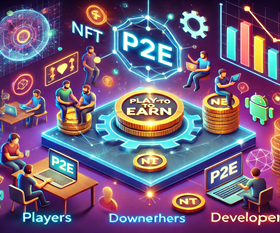 Benefits of P2E gaming for players and developers.
Benefits of P2E gaming for players and developers.
Play-to-Earn (P2E) gaming offers unique benefits to both players and developers, revolutionizing the gaming industry by integrating blockchain technology, cryptocurrencies, and NFTs.
 What role does climate literacy play in empowering individuals to take action?
What role does climate literacy play in empowering individuals to take action?
Climate literacy plays a crucial role in empowering individuals to take meaningful action to address the climate crisis
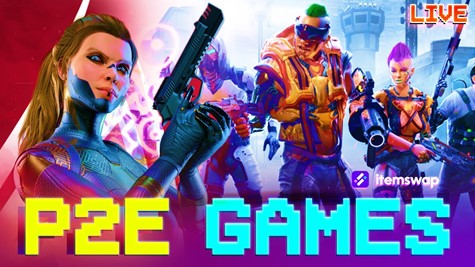 What is the most popular P2E Games?
What is the most popular P2E Games?
P2E (Play-to-Earn) games are a type of video game that allows players to earn real-world value through in-game activities. Unlike traditional video games where the focus is on entertainment alone, P2E games integrate blockchain technology, allowing players to earn cryptocurrency, NFTs (Non-Fungible Tokens), or other digital assets as rewards
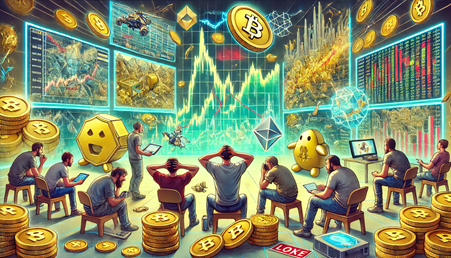 What is the P2E game's security concerns like hacking and scams
What is the P2E game's security concerns like hacking and scams
The challenge of economic instability in in-game economies, particularly in Play-to-Earn (P2E) games, is a critical issue that can significantly impact the sustainability and success of these games.
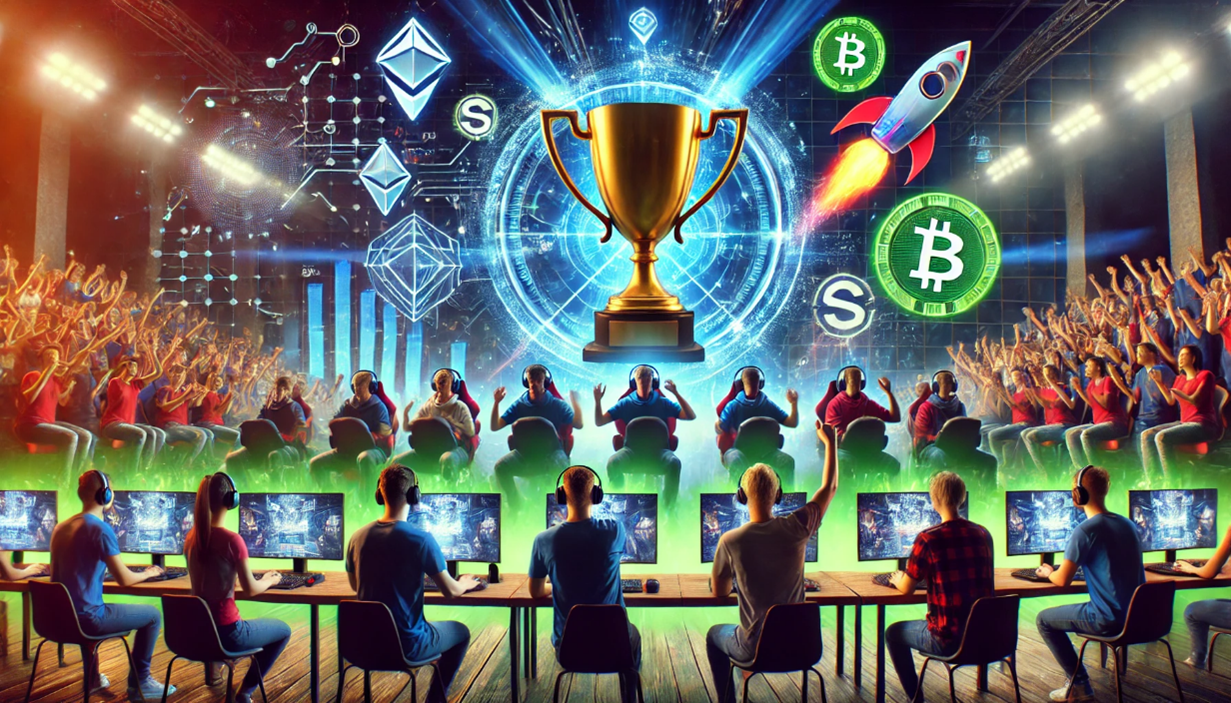 Empowerment through earnings in developing regions of P2E Game
Empowerment through earnings in developing regions of P2E Game
Empowerment through earnings in developing regions is one of the most transformative aspects of Play-to-Earn (P2E) gaming.
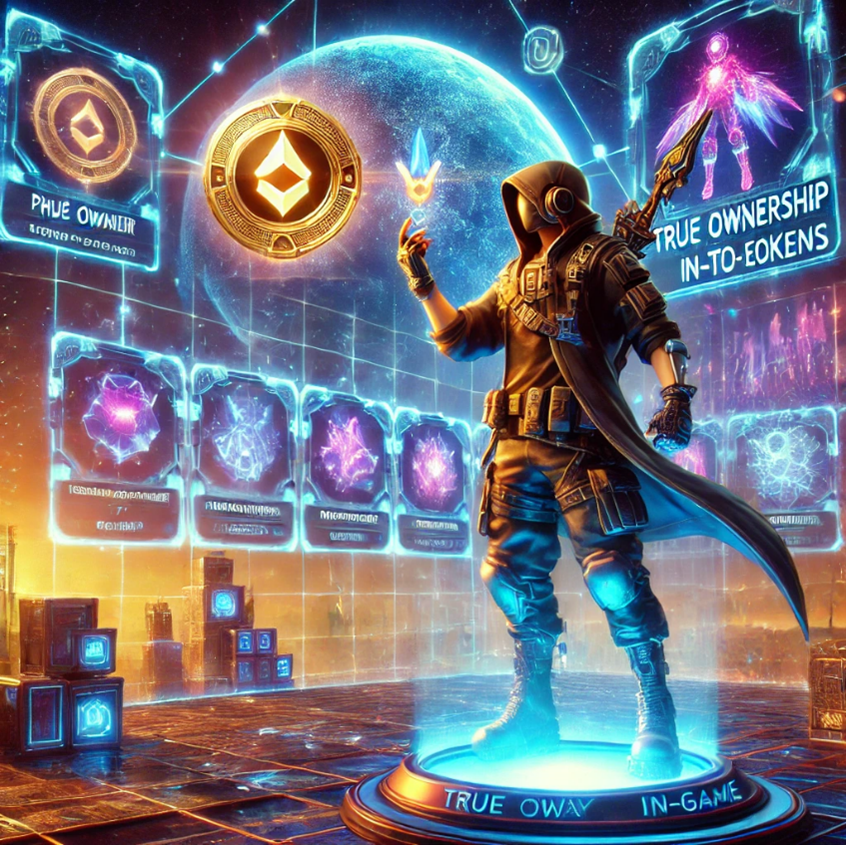 The role of blockchain technology in enabling P2E
The role of blockchain technology in enabling P2E
Blockchain technology plays a fundamental role in enabling Play-to-Earn (P2E) games by providing a secure, transparent, and decentralized infrastructure that supports the creation, ownership, and exchange of in-game assets
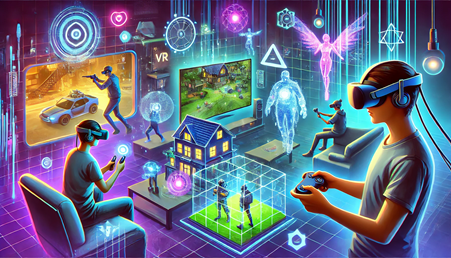 Future trends of P2E Gaming
Future trends of P2E Gaming
The Play-to-Earn (P2E) gaming industry is evolving rapidly, and its future holds immense potential.
 Integration of cryptocurrencies and NFTs
Integration of cryptocurrencies and NFTs
The integration of cryptocurrencies and non-fungible tokens (NFTs) has significantly transformed the digital economy, fostering innovation across various sectors such as art, gaming, real estate, and more
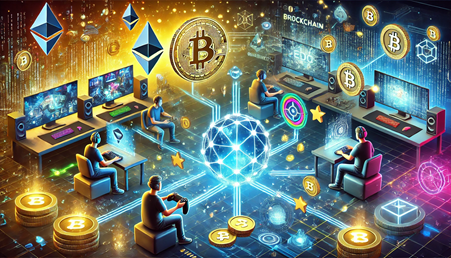 Growth opportunities in underdeveloped gaming markets
Growth opportunities in underdeveloped gaming markets
Growth opportunities in underdeveloped gaming markets present a massive and untapped potential for both developers and investors in the gaming industry.
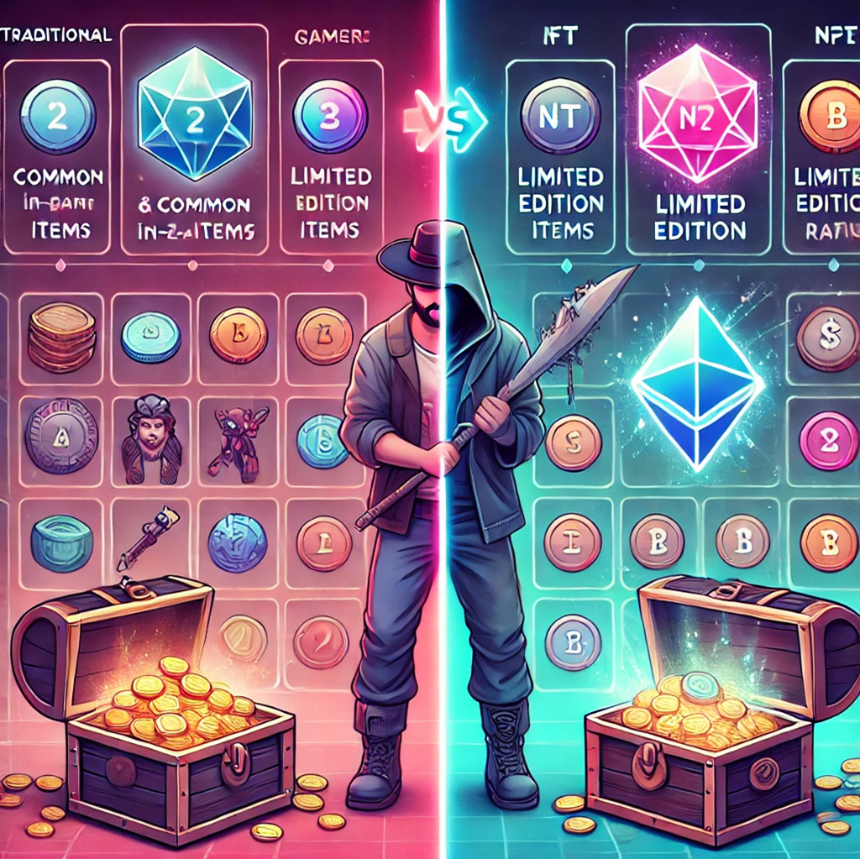 How P2E games differ from traditional gaming models
How P2E games differ from traditional gaming models
Play-to-Earn (P2E) games differ significantly from traditional gaming models, primarily due to the integration of blockchain technology, cryptocurrency, and the concept of players earning real-world value through gameplay
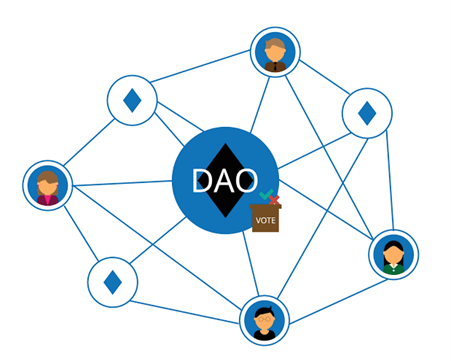 Legal implications of P2E game
Legal implications of P2E game
The legal implications of Play-to-Earn (P2E) games are complex and multifaceted, as these games introduce new elements of digital ownership, monetary transactions, and decentralized economies.
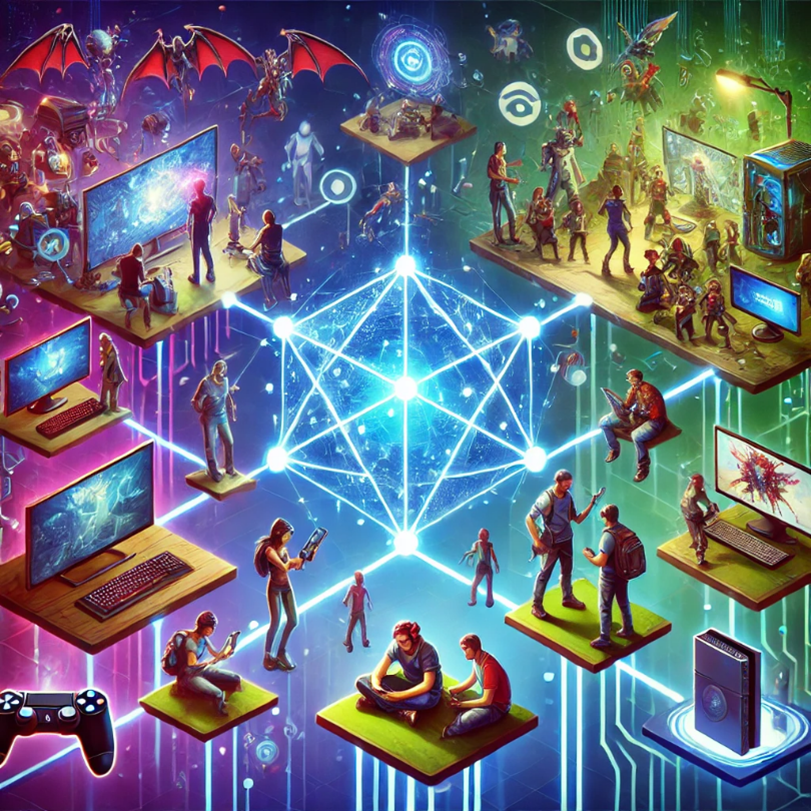 How NFTs empower players with asset ownership and monetization?
How NFTs empower players with asset ownership and monetization?
NFTs (Non-Fungible Tokens) are digital assets that represent ownership of a unique item or piece of content, and they have significantly empowered players within Play-to-Earn (P2E) games.
 How can schools and universities incorporate climate education into curricula?
How can schools and universities incorporate climate education into curricula?
Incorporating climate education into school and university curricula is essential for equipping students with the knowledge and skills to address the climate crisis
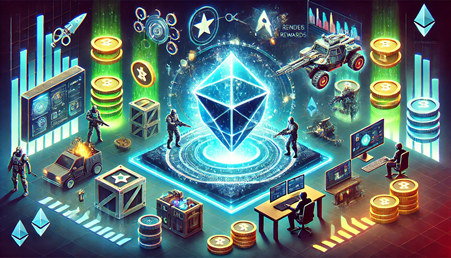 P2E Game's marketplace integrations for buying, selling, or trading assets
P2E Game's marketplace integrations for buying, selling, or trading assets
In Play-to-Earn (P2E) games, marketplace integrations play a crucial role in enabling players to buy, sell, and trade in-game assets.
 How can governments and NGOs collaborate to promote environmental awareness?
How can governments and NGOs collaborate to promote environmental awareness?
Governments and NGOs can collaborate effectively to promote environmental awareness by combining their resources, expertise, and reach
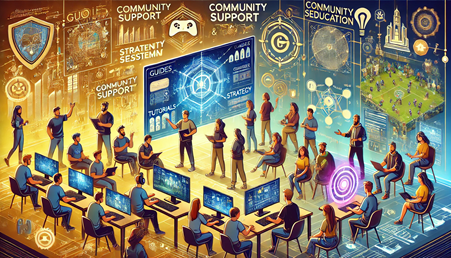 Role of communities in driving P2E games
Role of communities in driving P2E games
Communities play a pivotal role in driving the success and evolution of Play-to-Earn (P2E) games.
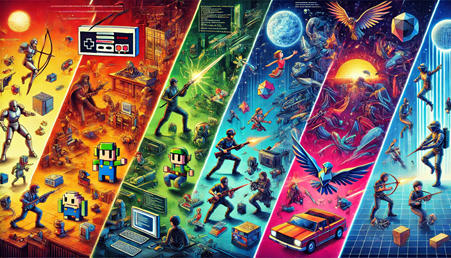 The potential for cross-game interoperability
The potential for cross-game interoperability
Cross-game interoperability refers to the ability for players to transfer or use in-game assets, characters, or currencies across multiple games or platforms.

